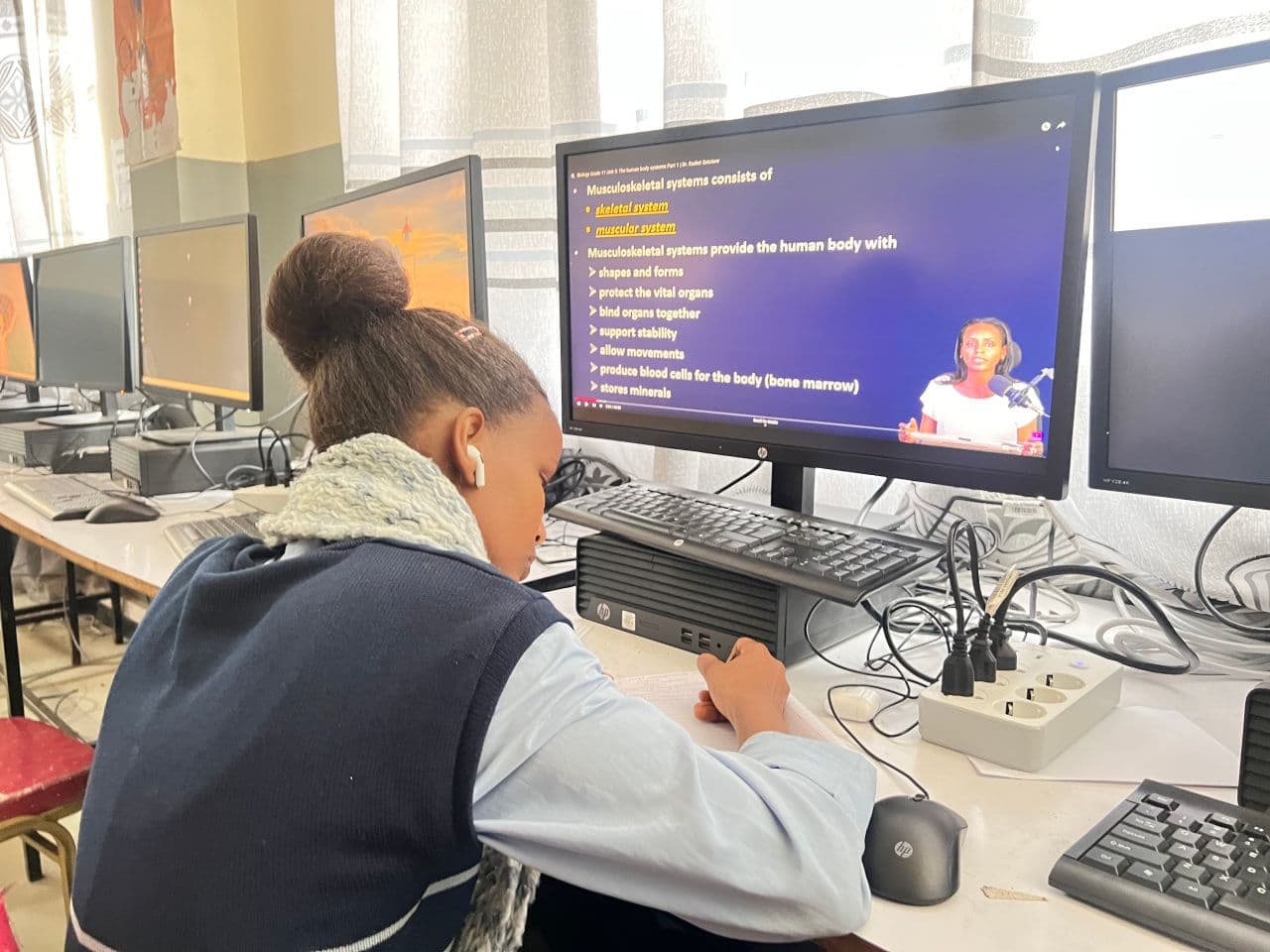Progress for 0 ad
Progress for 1 ad
Progress for 2 ad
Progress for 3 ad


Etenat Awol
Addis Ababa, Ethiopia

Minab IT Solutions, the company behind HahuJobs, an Ethiopian job-tech platform, has launched a free Learning Management Information System (LMIS) dubbed Fanos.
Initiated in January 2025, the platform is part of the STEM Education for Empowerment Project (STEEP), a three-year initiative backed by CAD 4 million (2.9 million USD) in funding from Global Affairs Canada and The Barrett Family Foundation. Humber’s International Development Institute leads the project globally, with HahuJobs serving as the Ethiopian implementation partner and the CAP Youth Empowerment Institute managing the Kenyan rollout.
With 16 distinct courses in STEM subjects, including chemistry, physics, and mathematics, the platform is designed to support Ethiopian high school students in their national exam preparation and STEM education. According to Kaleab Mezgebu, founder and CEO of HahuJobs, the development of the platform took nearly eight months.
Fanos specifically targets adolescent students aged 14-18 and focuses on three central features to aid learning. The first is ease of study, which is facilitated through tools like digital flashcards and topic summaries. The second is a tutorship model that relies on video-based instruction to explain complex subjects, while the third feature involves evaluated progress, where students can test their understanding through quizzes and exams.
Kaleab explained that students are required to complete at least 75% of each lesson before moving on to the next chapter. “To enforce this, evaluation or end-of-lesson assessments have been built into the platform”, he told Shega, a measure that, he said, ensures learners grasp the material as intended before progressing further.
Launched in the second week of August, early metrics suggest the platform is gaining traction. Fanos has recorded over 3,300 signups and more than 1,600 course enrollments, with female users making up around 40% of the student base.
Students can sign up with an Ethio telecom number and must complete a short demographic assessment covering details such as school type, gender, and grade before enrolling in courses. Once registered, they can freely choose from the 16 courses offered across grades nine to twelve.
Beyond its digital platform, the project also carries an in-person component aimed at strengthening access to technology in schools. Four high schools in Addis Ababa, including Menelik Secondary, Kokebe Tsibah Secondary & Preparatory, Tesfa Birhan Secondary, and Dejazmach Wondirad Preparatory, have been equipped with computer labs and internet connectivity for the duration of the project. Each school has received around 25 computers, totaling 100 devices connected to the Fanos platform.
In addition to this infrastructure, the project is concluding a female-only summer school program involving 12 schools, with around 4,300 students registered for the program.
Although donor-funded at present, Kaleab says long-term viability is a priority. The founder told Shega that even if additional financing cannot be secured once the project period ends, the company is committed to sustaining Fanos through its other business operations, ensuring the platform remains accessible to students.
👏
😂
❤️
😲
😠

Etenat Awol
Etenat holds a degree in Journalism and her master's in Public Relations. Previously, she served as a university lecturer and has five years of experience in communications, media, digital marketing, and consulting.
Your Email Address Will Not Be Published. Required Fields Are Marked *